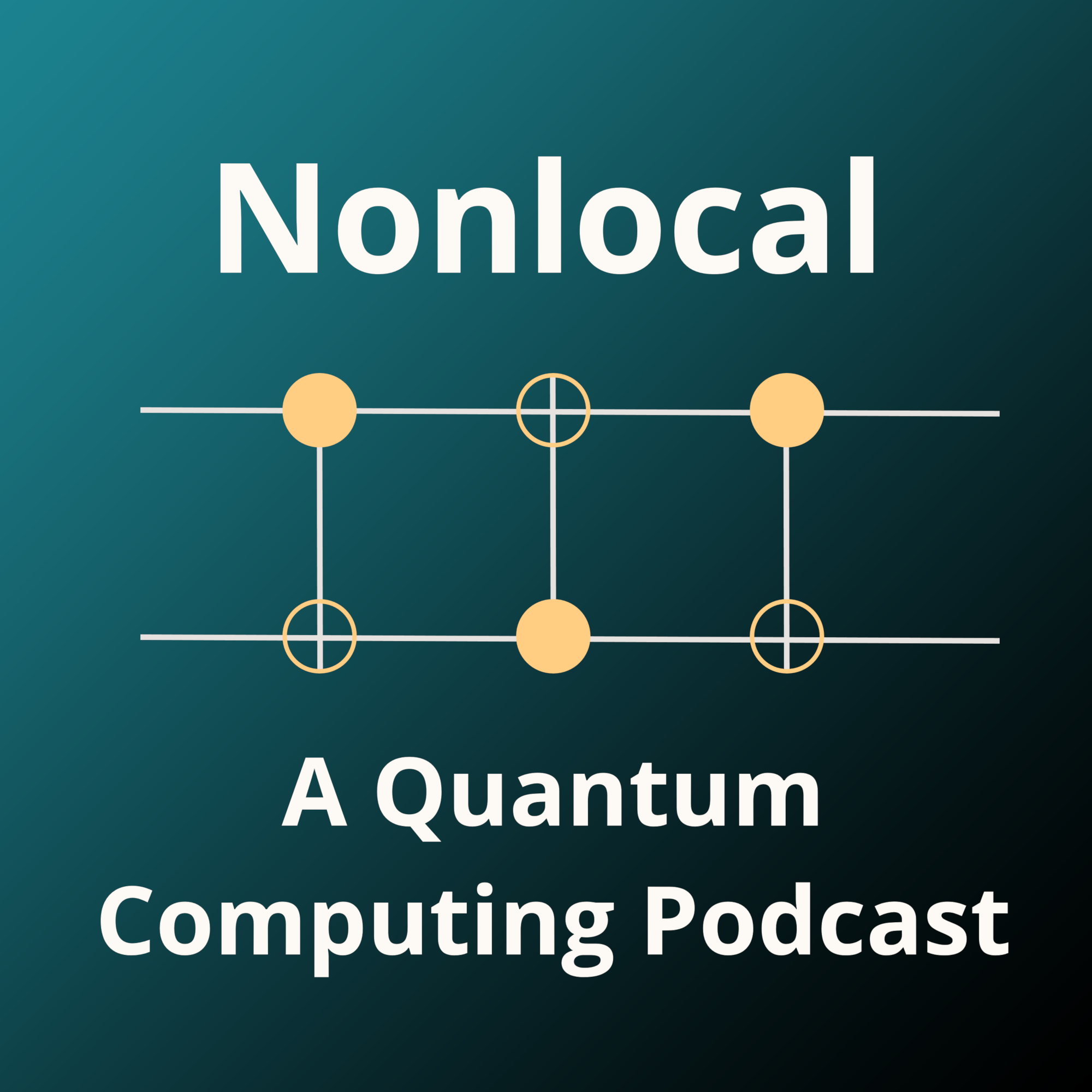Episodes
The point of building quantum computers is that we expect them to be capable of things that classical computers aren't. But how can we prove that this is the case? In this episode we talk to David Gosset, a professor at the University of Waterloo, about his research on quantum advantage for shallow circuits.
Published 07/25/21
Published 07/25/21
Can you ever be sure that someone has deleted your data? Anne Broadbent (University of Ottawa) tells us about a protocol for "quantum certified deletion", where a recipient of your information can prove to you that they've deleted your information. We learn about her paper with Rabib Islam introducing quantum certified deletion and some of its possible applications to privacy.
Hosts: Vincent Russo (vprusso.github.io), William Slofstra (elliptic.space), Henry Yuen (henryyuen.net)
Published 03/28/21
Quantum channel capacities are known to exhibit counterintuitive properties (superadditivity and superactivation), which make them hard to calculate. In this episode we talk to Debbie Leung (Institute for Quantum Computing, University of Waterloo) about one of her favourite open problems, the capacity of the qubit depolarizing channel, as well as her 2017 paper with Felix Leditzky and Graeme Smith that makes some progress on this problem.
Hosts: Vincent Russo (vprusso.github.io), William...
Published 12/18/20
The Mermin-Peres magic square is a simple game which is at the heart of many results in quantum cryptography and quantum complexity theory. In this episode, we trace the origin of the Mermin-Peres square back to two short papers by N. David Mermin and Asher Peres.
Mermin's paper: https://doi.org/10.1103/PhysRevLett.65.3373
Peres' paper: https://doi.org/10.1016/0375-9601(90)90172-K
Hosts: Vincent Russo (vprusso.github.io), William Slofstra (elliptic.space), Henry Yuen (henryyuen.net)
Theme...
Published 12/02/20


